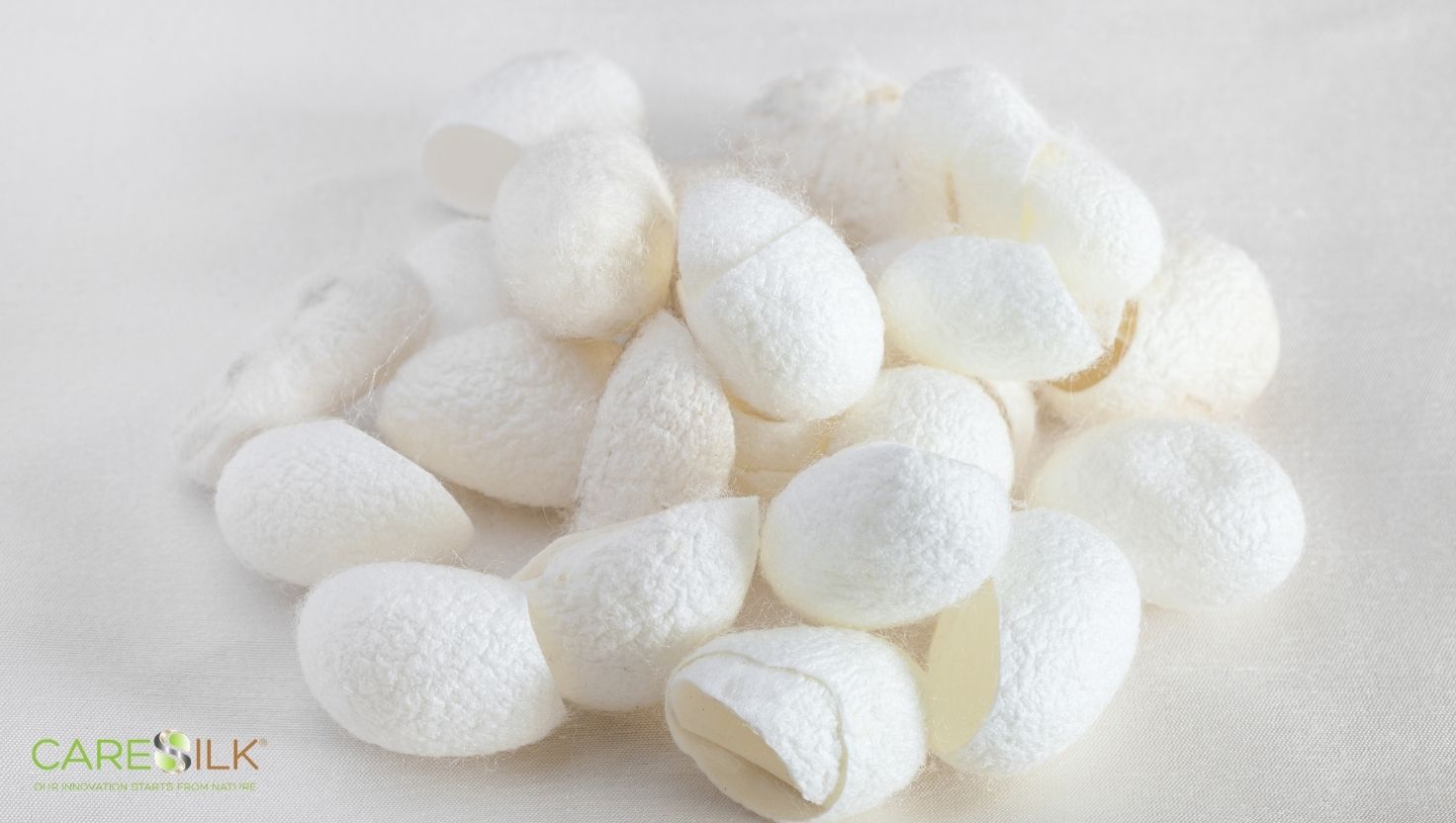The use of surgical adhesives is now a recognized practice in medicine, especially in situations where traditional suturing could be risky. Fibroin, unlike traditional adhesives, can be modified to optimize its adhesion and resistance properties, making it ideal for applications in various surgical fields. Surgical adhesives composed of this protein can achieve adhesion levels comparable to those of the most common commercial adhesives, such as cyanoacrylate.
Unlike the latter, fibroin presents superior biodegradability and lower toxicity, making it a safer option for clinical use. Additionally, it can be easily modulated to adapt to different tissue surfaces, thus improving its effectiveness in different contexts, such as cardiovascular surgery and neurosurgery.
A crucial aspect of fibroin-based surgical adhesive is its ability to integrate with other biomolecules to improve its regenerative properties. Some researchers have added vascular growth factors (VEGF) to fibroin-based adhesives, obtaining promising results in the regeneration of damaged vascular tissues. This multimodal approach, which combines adhesive and regenerative properties, represents a new frontier in surgical adhesives, offering new possibilities to improve clinical outcomes in delicate interventions such as cardiovascular or neurosurgical procedures.
Fibroin can be chemically modified to improve its compatibility with different body tissues. Modifying fibroin with hydrophilic functional groups can increase its bioavailability and improve its adhesion to wet tissues, such as those of the heart and brain. This approach allows for the development of more versatile surgical adhesives suitable for a wide range of clinical applications.
Another interesting aspect is the ability of the silk-derived protein to form three-dimensional matrices that can be used to create advanced tissue adhesives. This incredible solution can be transformed into a gelled matrix that, when combined with specific enzymes, forms a robust and flexible adhesive. This type of adhesive is particularly useful in plastic and reconstructive surgery, where a material that can adhere well to soft tissues while maintaining its elasticity is needed.


